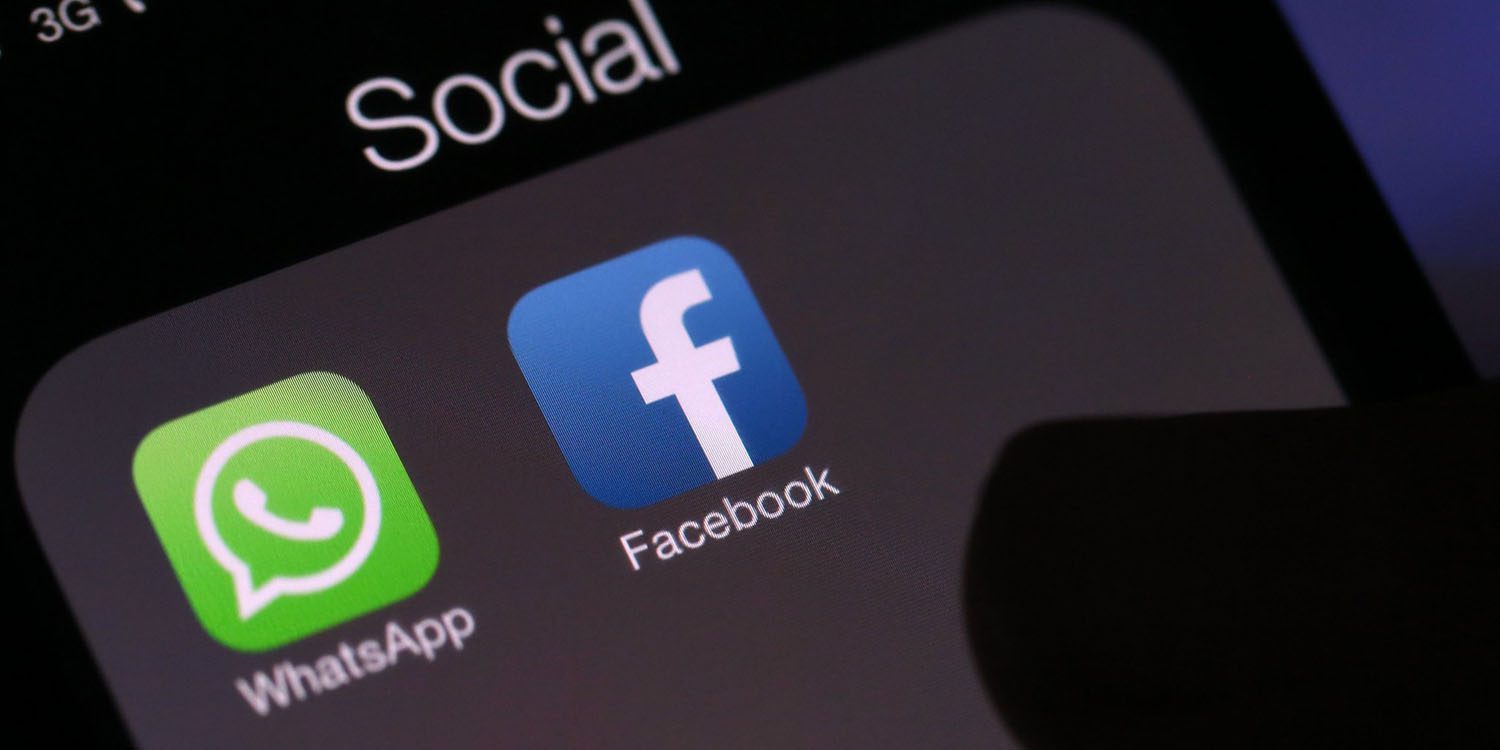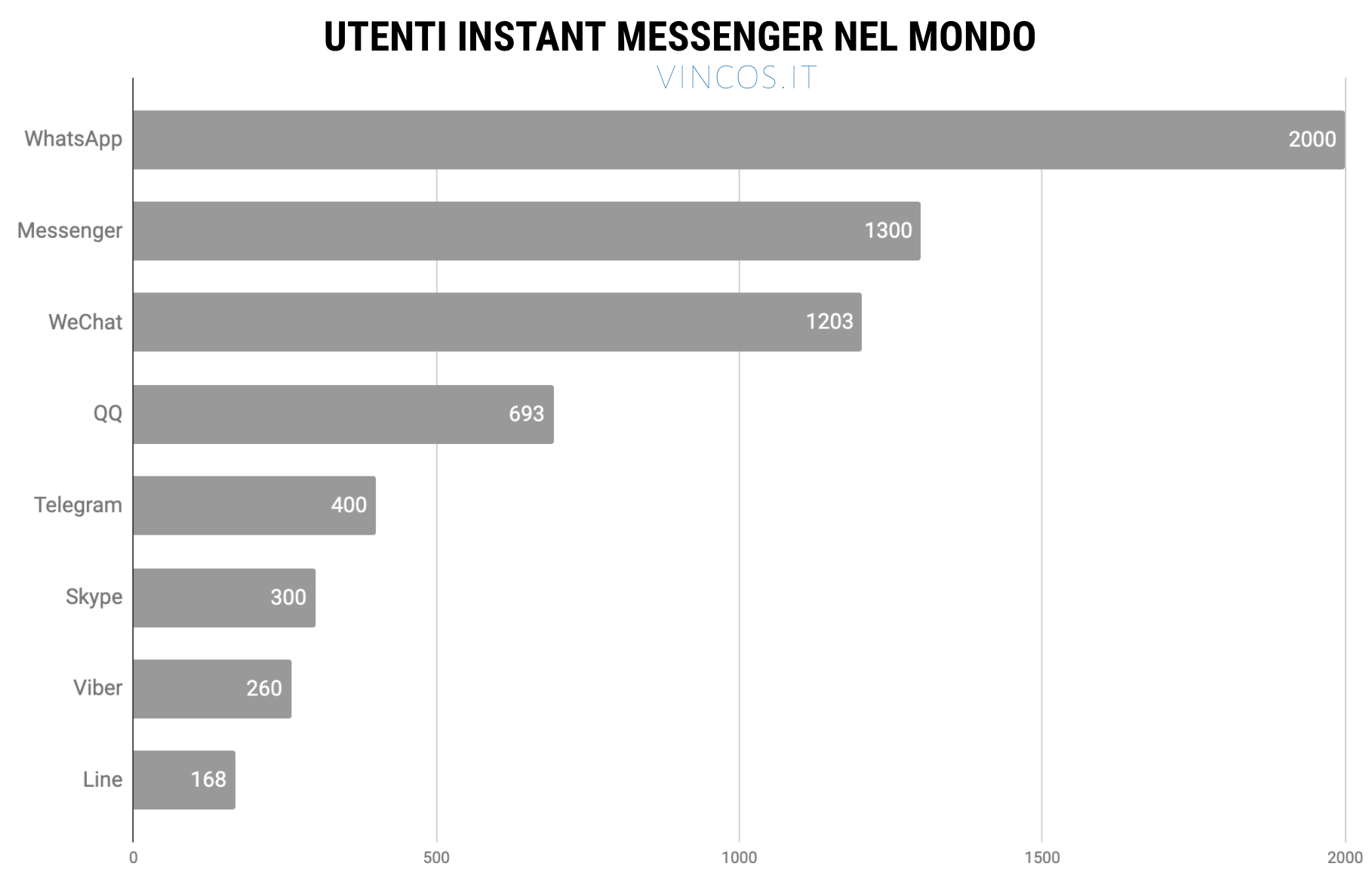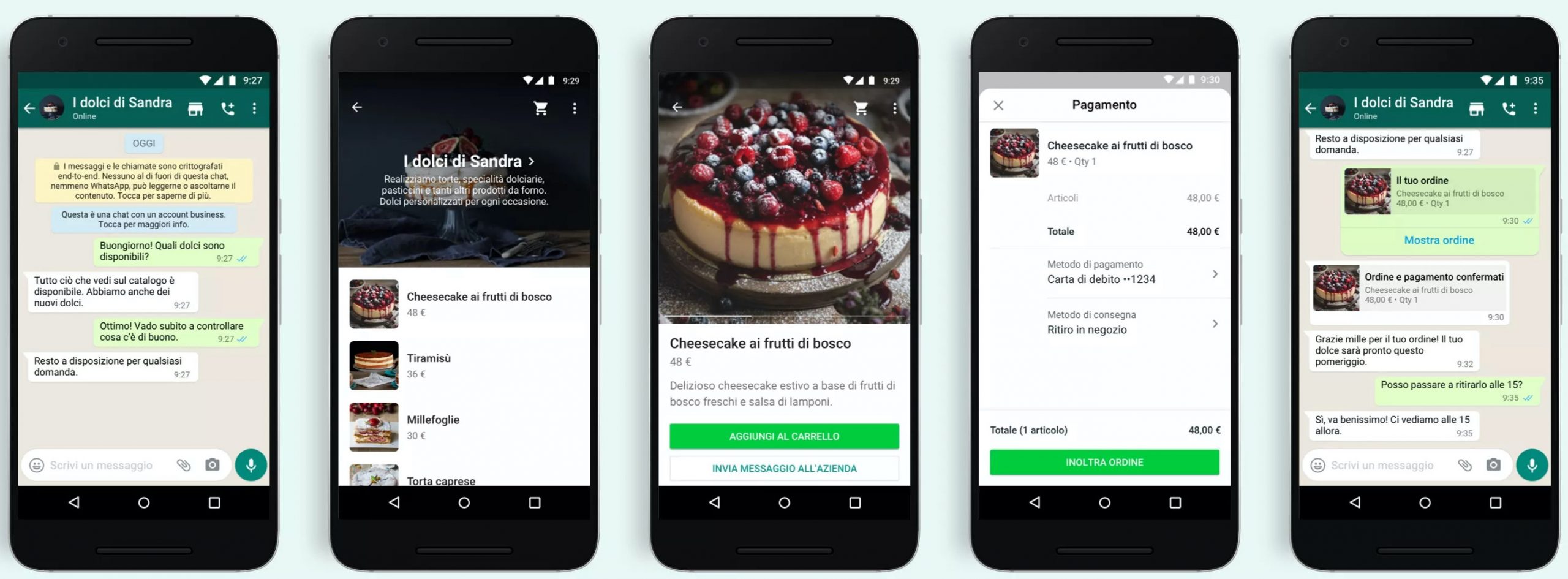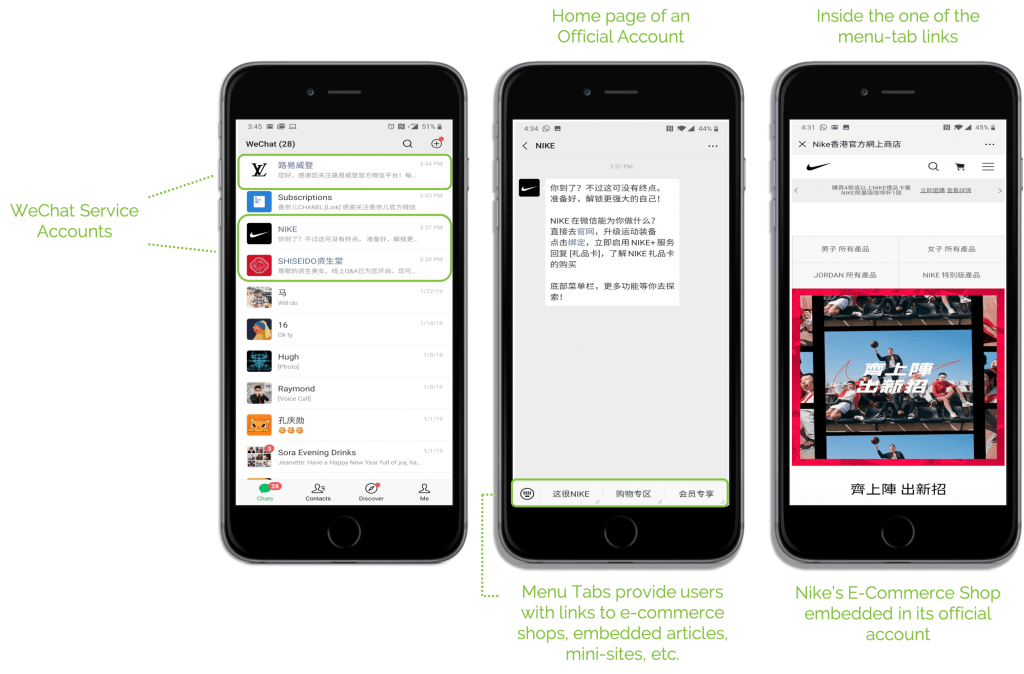Will WhatsApp, Messenger and Telegram imitate WeChat?

From private to business conversations. That's why instant messaging like WhatsApp, Facebook Messenger are about to become a shopping shortcut. The in-depth study by Vincenzo Cosenza
Article published on vincos.it
The consumer experience is now fragmented and chaotic. It can start from any point inside and outside the network, but it can hardly be separated from a social exchange (of opinions, analysis, verification). This exchange takes place partly in closed and private environments and partly in open and public environments. Both are also becoming places of commercial transactions.

The private places of the network are regaining the lost relevance after the period of diffusion of social networks, which had promoted the idea of continuous public sharing. For some years we have witnessed a current of undertow, a return to restricted and private conversations, which can arise in semi-public or private environments.
Examples of the first case are those encouraged by the spread of Facebook groups, the new version of the old discussion forums, used by over 1.4 billion people. Here a sense of belonging and exclusivity develops, information is shared and suggestions are exchanged in the name of a common passion or goal.
Groups are also formed thanks to specific software, such as Discord used by young people, or within the Instant Messaging applications, which form the backbone of private conversations between individuals. The chats created to perform a single simple text communication function, have been enriched with multimedia capabilities, but above all they are about to become a shortcut for purchases.

This is demonstrated by the latest announcements from WhatsApp, the most used infrastructure for messaging (over 2 billion monthly users), which has introduced a series of functions to meet the sales needs, above all, of small retailers.
These include the ability to create a product catalog (with photos and prices) and to manage a shopping cart (which allows the user to send an order containing multiple items). Payments and other business services (e.g. hosting, promotion options) will be added soon.
I do not dwell on Facebook Messenger because its future will be confused with that of WhatsApp if Zuckerberg were to succeed in his intent to unify messaging systems.
Telegram, which is preparing to reach the milestone of 500 million active users, is starting to have financial problems. If she wants to remain independent, she will have to start generating revenue. Durov announced that the current features will remain free, while others will be introduced for businesses and premium users. An advertising platform will be released in 2021, which will not serve to insert advertisements in one-to-one conversations and groups, but only in one-to-many channels.
The channels are public and, in fact, transform Telegram into a social media like Twitter. In fact, the messages of the author of the channel are also commentable. In terms of monetization, the business model could be to charge an account based on the number of push messages it wants to send to its followers / subscribers.
Durov is tenacious and has a lot of ideas, but he needs to make Telegram a more hospitable role for companies and therefore to clean it of piracy and porn. Furthermore, its monetization strategy needs an adequate commercial structure to be successful.
THE CHINESE WAY TO INSTANT MESSAGING
For Messenger, WhatsApp and Telegram, the reference model of their evolution is that of WeChat, an application between instant messenger and social medium. With it, companies, for example, can:
- buy special accounts ( service or subscription ). In particular, the "service accounts" allow you to send 4 push messages per month (consisting of several links) with high visibility (the account appears as if it were a personal contact) and also targeting a specific group of people;
- advertise in two distinct ways:
- Moments Advertising is a similar format to Facebook feed advertising. The advertiser can choose different targeting options;
- Banner Advertising consists of banners with CTAs that can appear at the end of an article published by an account
- enable in-app payments, using WeChat Pay
- use the WeChat API to take advantage of some of its functions within your own applications (e.g. sending messages)
- create Mini-Programs or small applications that can be called up without leaving WeChat, to show information about the brand or enable functions (Tesla has created one to identify charging stations and book a test drive).

The Instant Messengers, already useful in the pre and post sales phase, will they also be useful to facilitate sales? Definitely yes, when from conversation and word of mouth you pass to a purchase. In all other cases they will not be so effective because they lack a discoverability mechanism, that is, it is necessary for the user to have the contact of the shopkeeper before starting a purchase process. To overcome this drawback, Zuckerberg has decided to pursue the path of integration , which allows people to discover companies on Facebook or Instagram and continue the conversation on Messenger or WhatsApp.
A position of competitive advantage that will bear fruit if there are no regulatory cleavers.
Article published on vincos.it
This is a machine translation from Italian language of a post published on Start Magazine at the URL https://www.startmag.it/innovazione/whatsapp-messenger-e-telegram-imiteranno-wechat/ on Sat, 16 Jan 2021 06:04:13 +0000.
